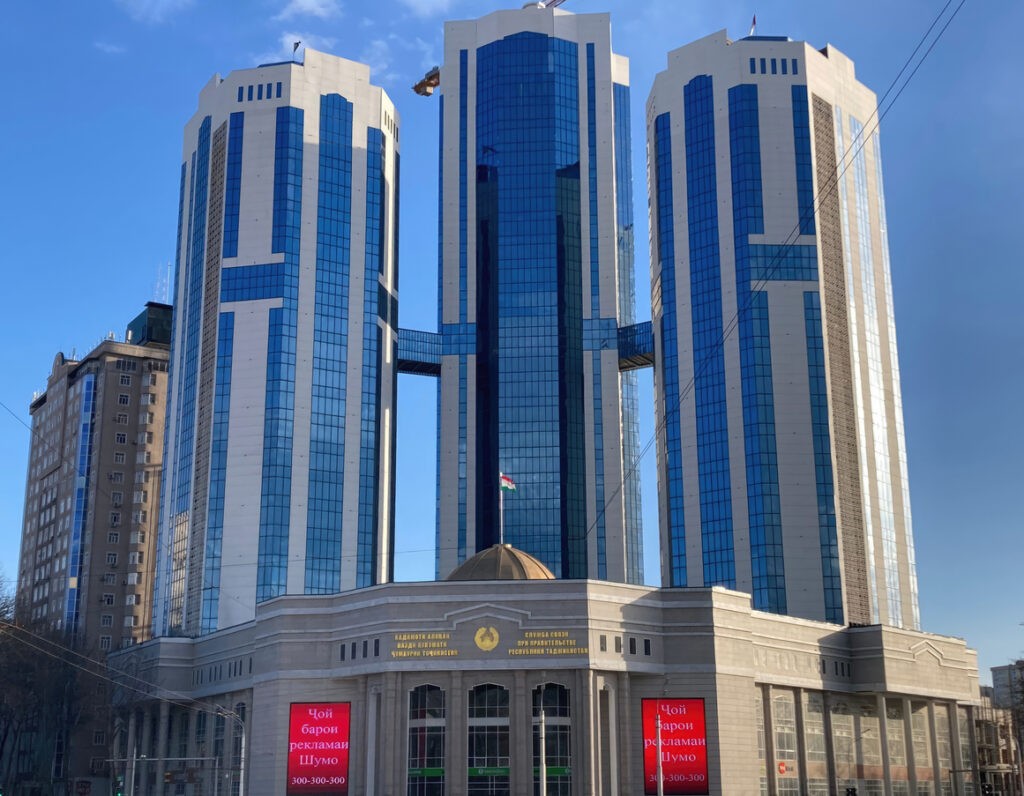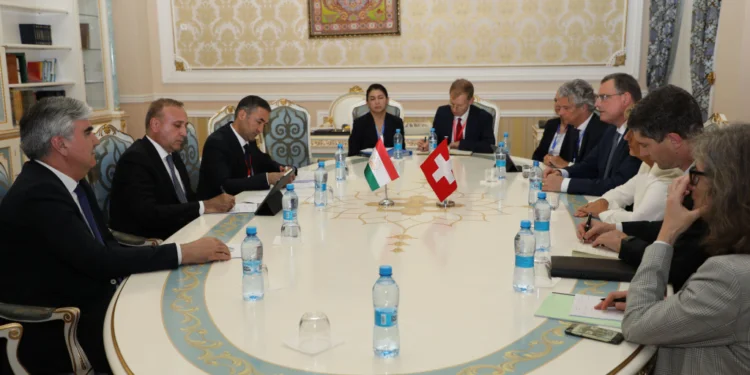The State of Civil Aviation in Central Asia Post-Pandemic and Amid Russia Sanctions
The pandemic of 2020-21 took a toll on civil aviation worldwide, and Central Asia was no exception. However, since then and post-February 2022, the region’s leading economies - Kazakhstan and Uzbekistan - have improved passenger air transport through low-cost carriers and made themselves more attractive for air cargo. In addition, Russia is steadily exiting the market due to sanctions, whilst Beijing is looking to fill the void. Air cargo: Kazakhstan and Uzbekistan Less than a month ago, the Silk Road in the Sky—Kazakhstan Cargo Hub regional forum on cargo transportation and logistics took place. It was held under the auspices of the International Air Cargo Association (TIACA) with the support of Kazakhstan’s Ministry of Transport and the country’s Aviation Administration. The forum hosted talks between various organizations, with documents signed between Astana, Karaganda, and Aktobe airports with MNG Airlines, MSC Air Cargo, Coyne Airways, and Alpha Sky (Kazakhstan). Memorandums of cooperation were also concluded between TIACA and the airports of Aktau, Aktobe, Astana, Karaganda, Uralsk, and SCAT Airlines, as well as between TIACA and the Joint Authorities for Rulemaking on Unmanned Systems (JARUS). More than 300 participants from 30 countries attended the forum, representing organizations across the freight transport chain, including shippers, forwarders, ground service providers, airports, airlines, manufacturers, and IT service providers. According to the Civil Aviation Committee under Kazakhstan’s Ministry of Industry and Infrastructure, the cooperation of local companies with the international community, as well as their use of advanced technologies, is expected to boost Kazakhstan’s trade with the other countries of Central Asia by 2.4 times – from $6.3 billion to $15.0 billion – amid a $560 million increase in Kazakhstani exports. The Government of Uzbekistan, meanwhile, began looking into the idea of making the country a regional transshipment hub back in September 2022, when Central Asia was seeing an influx of emigrants from Russia, especially Russian men fleeing mobilization. The lion's share of Uzbekistan Airways cargo traffic represents China-Europe deliveries transiting through Uzbekistan. For these deliveries, the company has operated routes such as Tianjin–Athens, Hong Kong–Amsterdam, and Shenzhen–Chalons-Vatry (Paris), with plans to increase freight volumes with the routes Tashkent–Guangzhou–Tashkent (currently being implemented), Tashkent–Lahore–Tashkent (to be launched in 2025-26), Tashkent–Xi'an–Tashkent (launch scheduled for this year), Tashkent–Chengdu–Tashkent (planned for 2026), and Tashkent–Dhaka–Tashkent (to be launched in 2027). Foreign players have shown increased interest in Uzbekistan’s transit potential, as well. For example, Poland’s SkyTaxi has launched cargo transportation from China through Uzbekistan to Europe. The first plane landed in Tashkent back on June 11, 2022. Indeed, Tashkent Airport has gained importance as a transfer point for technical stops and refueling. On July 7, 2022, Azerbaijan’s Silk Way West cargo carrier made its maiden flight on the Baku–Navoi–Hong Kong route. The company delivers goods from Europe to Asia, as well as from the U.S. to Africa. In 2020, an open skies policy was introduced across all regions of Uzbekistan, giving international airlines access to the country’s airports and ground services. Meanwhile, Kazakhstan’s open skies policy was extended last year until...






